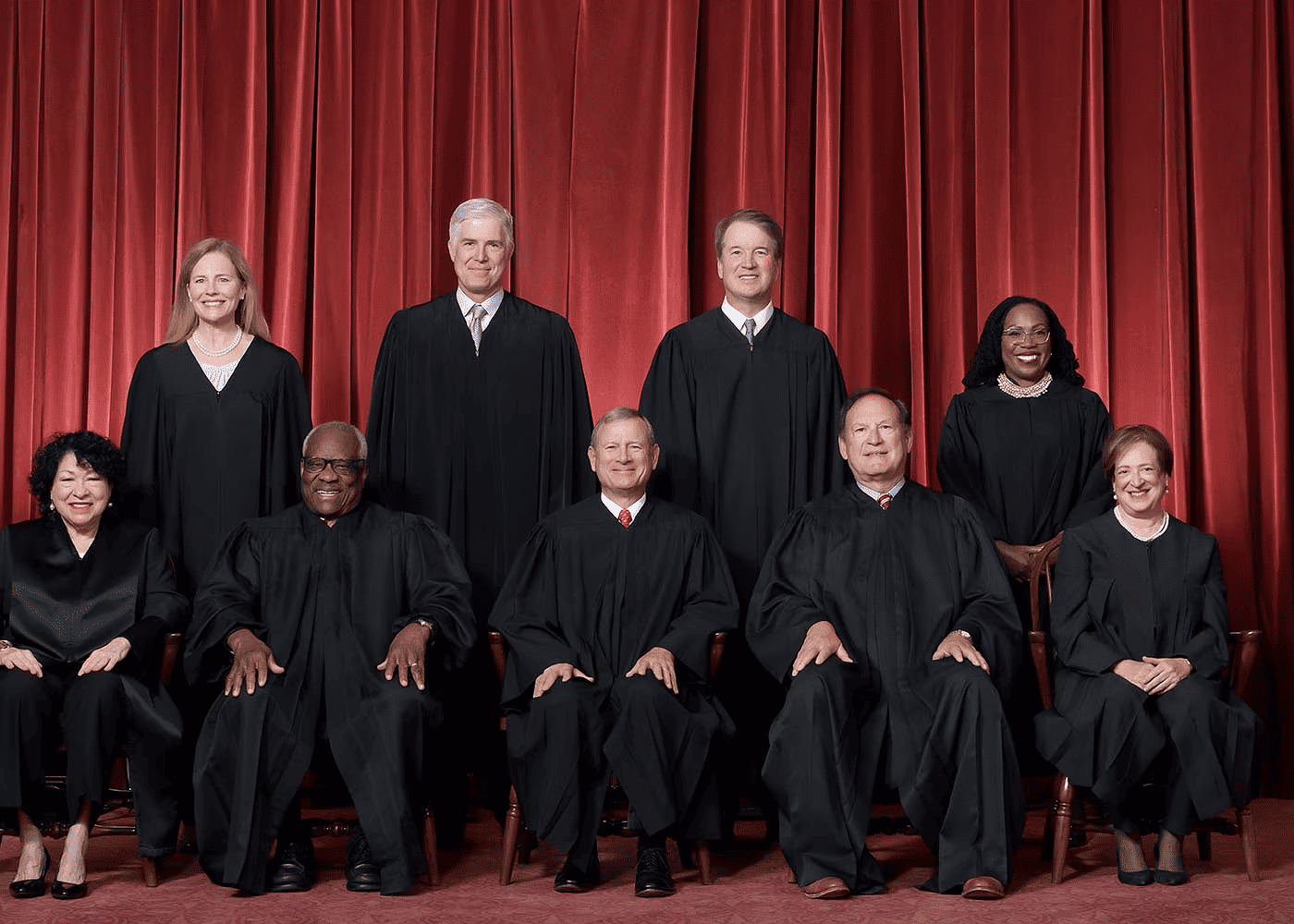


This morning, the US Supreme Court ruled unanimously that the Environmental Protection Agency (EPA) overstepped its bounds when it tried to assert authority over the Priest Lake property of Michael and Chantell Sackett.
The Clean Water Act (CWA) was initially passed in 1972 over President Nixon’s veto. This act gave tremendous regulatory power to a cabal of unelected bureaucrats who crafted draconian rules and then handed down punishments without due process. The EPA has used the provisions of this act to assert authority over property owners’ ability to develop their own land.
Justice Samuel Alito wrote that EPA regulations were far too vague and that they had overstepped the letter of the law as passed by Congress. “We hold,” he wrote, “that the CWA extends to only those wetlands with a continuous surface connection to bodies that are ‘waters of the United States’ in their own right… The wetlands on the Sacketts’ property are distinguishable from any possibly covered waters.”
As passed by Congress, the CWA prohibits discharging “pollutants” into “navigable waters.” The EPA has broadly interpreted “pollutants” to include sand, gravel, and dirt and “navigable waters” to include small ponds not even connected to other waterways. This is the justification they used to impose fines of up to $75,000 per day on the Sackett family in 2008 after they built a home on some land they had purchased several years before.

As the Idaho Freedom Foundation reported more than 10 years ago, the Sacketts sought a hearing with the EPA but were summarily denied. The unelected bureaucrats charged with protecting the environment seemed to think they shouldn’t be held accountable to the public. A district court upheld the decision, as did the 9th Circuit Court of Appeals, but in 2012, the Supreme Court ruled that they had the right to challenge the EPA’s ruling.
This was followed by 10 years of litigation as the Sackett family argued that since their property had no connection to navigable waters, the EPA had no jurisdiction. The EPA tried a dirty trick of rescinding their ruling and then moving to dismiss the case, hoping that the courts would not issue any binding judgments. The courts denied this motion, but in 2021, the 9th Circuit once again ruled against the Sackett family, upholding the EPA’s determination that since their property was “near” a lake, it was covered by the law.
Now the Supreme Court has ruled in their favor, in what will hopefully set a precedent of reining in another out-of-control federal bureaucracy. This is another blow to the EPA’s regulatory authority following last year’s decision in West Virginia v. EPA that ruled the agency did not have the power to regulate carbon emissions.
Property rights mean nothing if an EPA goon can issue a judgment at any time demanding you tear down your house or face tens of thousands of dollars in fines.
In 2012, Justice Alito wrote, “Real relief requires Congress to do what it should have done in the first place: provide a reasonably clear rule regarding the reach of the Clean Water Act.” That remains true today, despite this victory. Congress gave away far too much power in 1972, which has been horrifically abused over the last 50 years. It’s time for them to reclaim it before the EPA and other bureaucracies put more families through the same hell they put the Sacketts.


